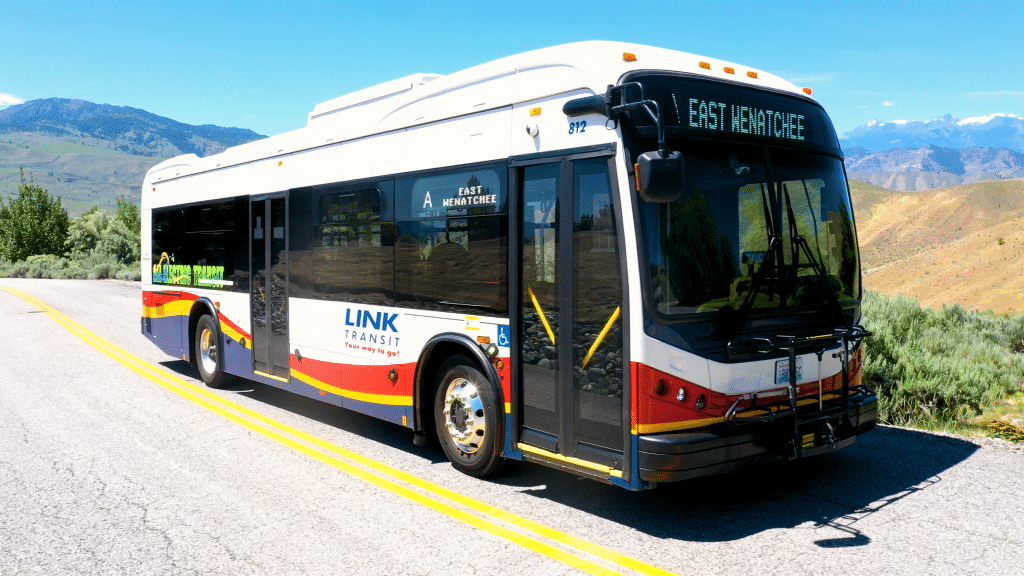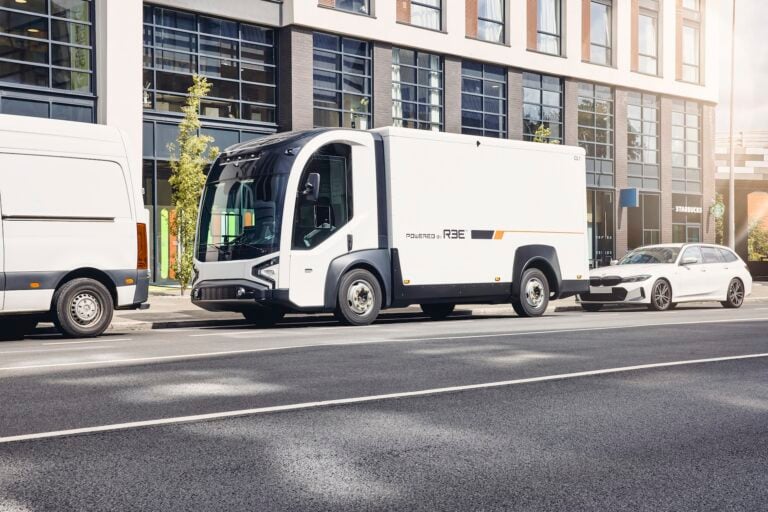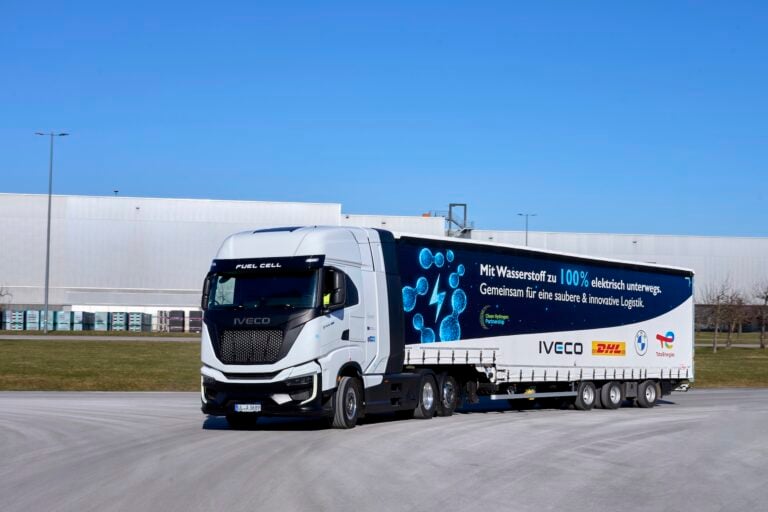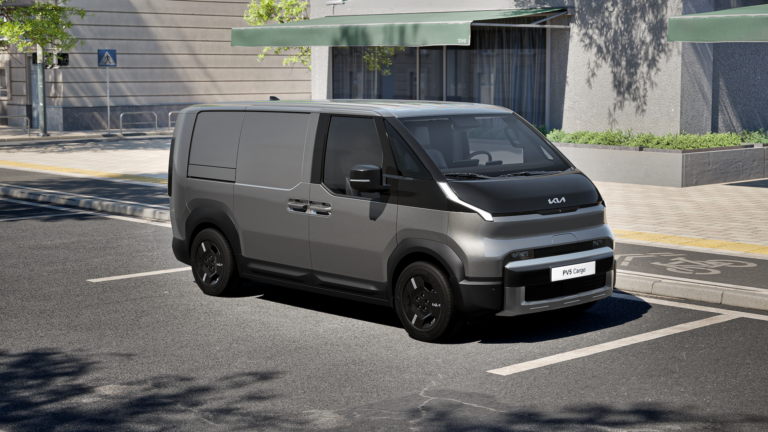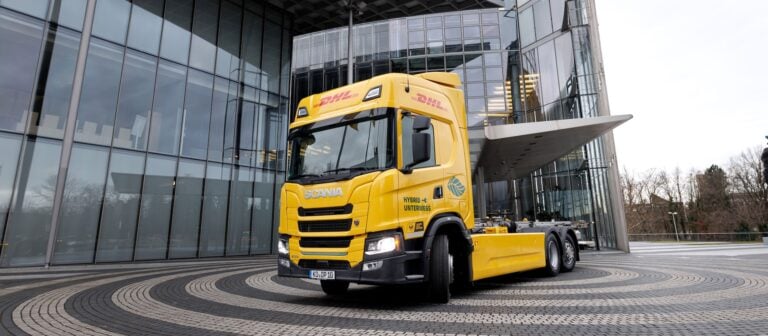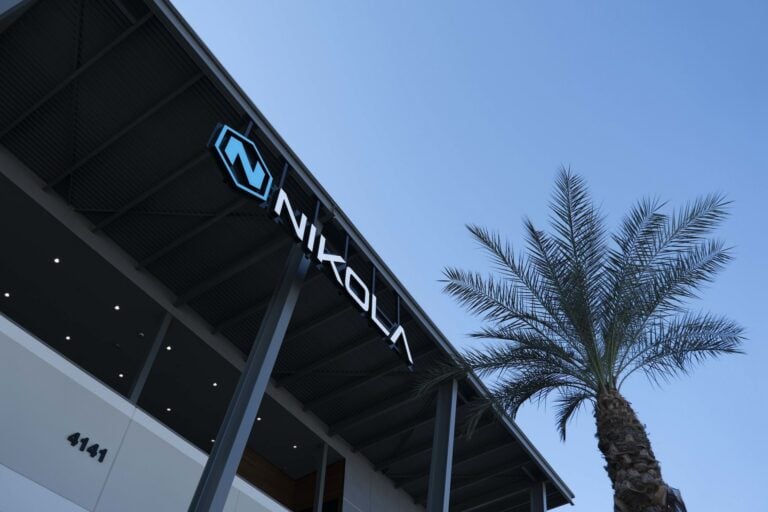WENATCHEE, Wa. – BYD announced Tuesday that Wenatchee-based Link Transit has purchased eight additional 30-foot American-made BYD battery-electric buses, building on Link’s long commitment to energy-saving, zero-emission transit technology.
The eight new BYD buses will complement Link’s growing all-electric fleet of 12 30- and 35-foot vehicles, with three additional 35-foot buses on order. Once the new vehicles are delivered, nearly half of Link’s total heavy-duty fleet of 48 vehicles will be all-electric.
“We’re thankful for our partnership with Link Transit and to have the opportunity to provide their community with state-of-the-art clean-technology vehicles that are redefining public transportation,” said Patrick Duan, BYD’s Senior Vice President of Operations.
The eight new buses are being built by BYD at its Lancaster, Ca., Coach & Bus Manufacturing facility. Every American-built, zero-emission BYD bus eliminates approximately 1,690 tons of carbon dioxide over its 12-year lifespan, according to the U.S. Transportation Department. This is equivalent to taking 27 cars off the road. Each bus also eliminates 10 tons of nitrogen oxides and 350 pounds of diesel particulate matter, improving air quality in the communities that they serve.
“These vehicles have been a tremendous success for us. Without opportunity charging, we’re seeing a range of 190 usable miles. With our Momentum Dynamics wireless opportunity chargers, we are extending this range to over 300 miles per day by charging the vehicles for 5 to 7 minutes 4 – 5 times per day while the vehicle is in the terminal on its hourly end of run lay-over. We have succeeded in replacing our diesel buses with our BYD buses on a one-to-one basis. We use these vehicles for all of our urban routes, in everyday use, with significantly lower operating costs. BYD has been great to work with,” said Richard DeRock, General Manager of Link Transit.
The Link Transit battery-electric fleet in 2022, averages 44 cents a mile in total operating costs, versus 88 cents a mile for its diesel vehicles. (With the recent run-up of diesel prices, the cost per mile has increased to 92 cents).
DeRock noted that the battery-electric buses have been particularly effective in navigating the extreme climate conditions within Link Transit’s service area. “It’s a very challenging operating environment – our winters are cold, and we can see 100 degrees in the summer. Finding vehicles that can maintain their effective range under these conditions is critically important,” he said.

